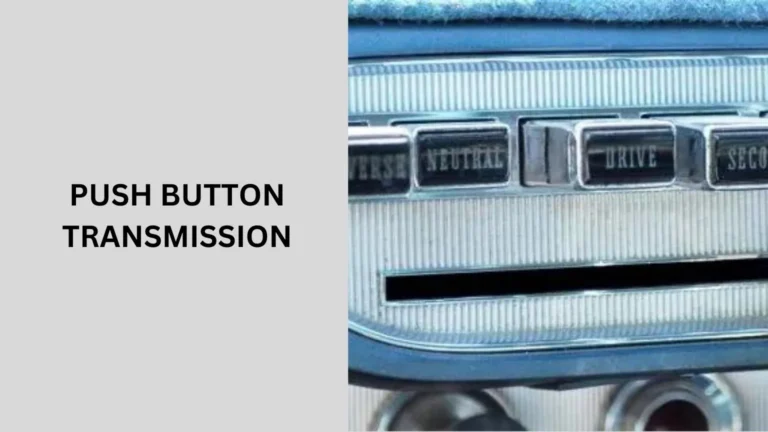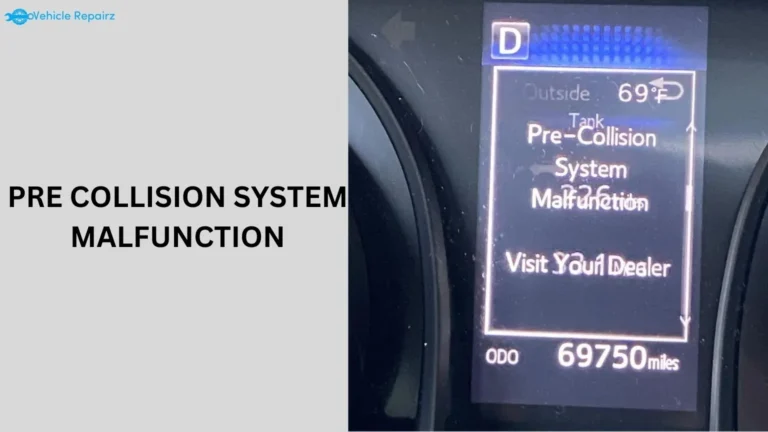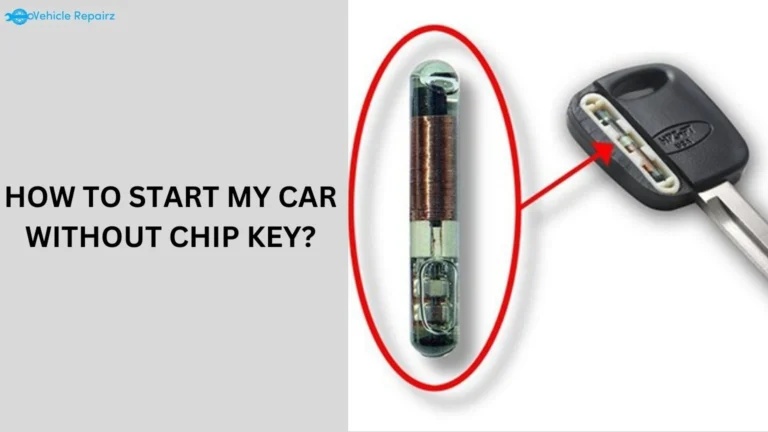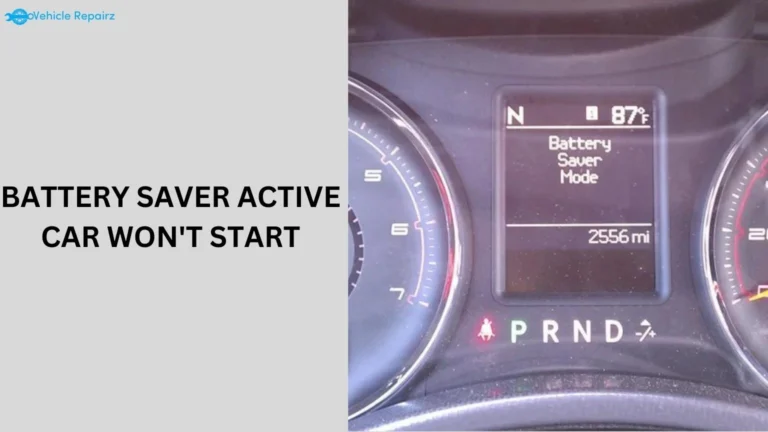Toyota CVT Reliability: What You Need to Know?
Continuously Variable Transmissions (CVTs) have become a popular choice in modern vehicles, including Toyota models. If you’re considering a Toyota with a CVT, understanding its reliability is crucial.
This article will delve into Toyota CVT reliability, exploring its strengths, potential issues, and what you can expect from these transmissions.
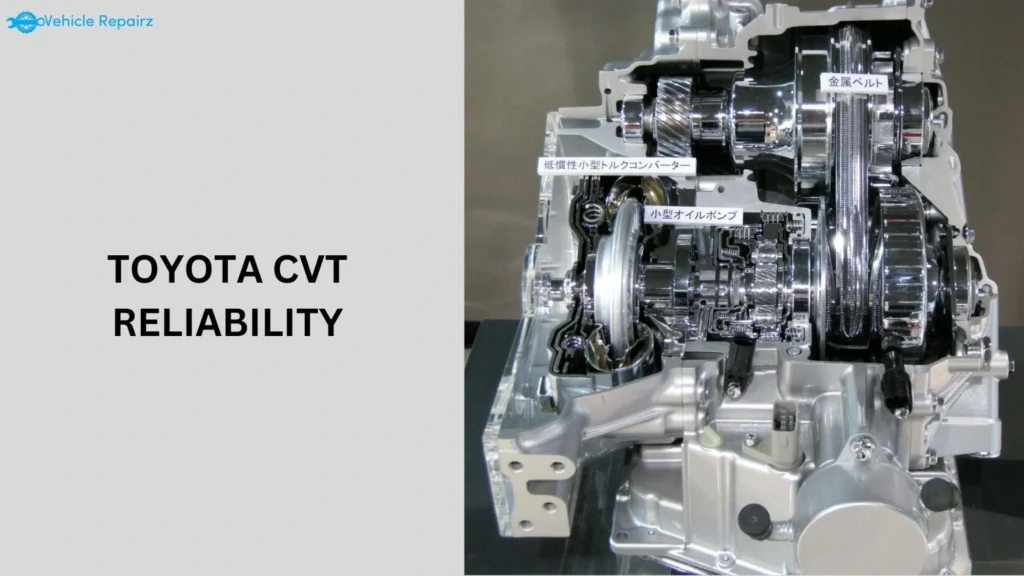
What is a CVT and How Does it Work?
A Continuously Variable Transmission (CVT) is designed to offer a smoother driving experience compared to traditional automatic transmissions.
Unlike conventional gearboxes that have a fixed number of gears, a CVT provides an infinite range of gear ratios. This allows for seamless acceleration and improved fuel efficiency.
Key Benefits of CVTs
- Smooth Acceleration: CVTs eliminate the gear-shifting process, providing a smoother driving experience.
- Fuel Efficiency: By optimizing the engine’s power output continuously, CVTs can enhance fuel economy.
- Adaptive Performance: CVTs adjust automatically to driving conditions, offering better performance in various scenarios.
Toyota CVT Reliability: An Overview
Toyota is known for producing reliable vehicles, and their CVTs are no exception. However, like any technology, CVTs have their pros and cons.
Here’s a detailed look at Toyota CVT reliability.
Pros of Toyota CVT Reliability
- Proven Technology: Toyota’s CVTs have a strong track record of reliability in many models, including the Corolla and RAV4.
- Durability: Generally, Toyota CVTs are built to last and handle daily driving demands with minimal issues.
- Warranty Coverage: Toyota often includes comprehensive warranties on their CVTs, providing peace of mind to owners.
Potential Issues with Toyota CVTs
- Overheating Concerns: In certain driving conditions, CVTs can overheat. Toyota has addressed this with improved cooling systems in newer models.
- Maintenance Costs: Regular maintenance is crucial to avoid potential issues, and some owners report higher costs compared to traditional transmissions.
- Performance in Extreme Conditions: While Toyota CVTs perform well in typical conditions, extreme driving scenarios might reveal limitations.
How to Maintain Your Toyota CVT?
Proper maintenance is key to ensuring the reliability of your Toyota CVT. Here are some tips to keep your transmission in top shape:
Regular Fluid Checks
CVT fluid is essential for smooth operation. Regularly check the fluid level and condition to avoid potential problems.
Follow the Manufacturer’s Recommendations
Adhere to Toyota’s maintenance schedule for CVTs. This includes timely fluid changes and inspections.
Address Issues Promptly
If you notice unusual noises or performance issues, have your CVT inspected by a qualified technician to prevent minor problems from escalating.
People also ask
How long will a Toyota CVT transmission last?
A Toyota CVT transmission typically lasts between 100,000 to 150,000 miles with proper maintenance.
Regular fluid changes and adhering to Toyota’s service recommendations can help extend its lifespan.
How reliable is a Toyota CVT gearbox?
A Toyota CVT gearbox is generally reliable, with many owners reporting good performance and durability.
Toyota’s CVTs are well-engineered, but like any transmission, they benefit from regular maintenance to avoid issues.
Who has the most reliable CVT transmission?
Subaru and Honda are often praised for having some of the most reliable CVT transmissions.
Both brands have a strong track record for durability and performance with their CVT technology.
Who makes Toyota CVT transmissions?
Toyota manufactures its own CVT transmissions in-house. They design and produce these transmissions to ensure compatibility and reliability with their vehicles.
Why not buy a CVT transmission?
Some people avoid CVTs due to concerns about long-term durability, higher repair costs, and potential performance issues under extreme driving conditions.
Additionally, CVTs may not offer the same driving feel as traditional automatic transmissions.
Conclusion
Toyota CVT Reliability offers numerous benefits, including smooth acceleration and improved fuel efficiency.
While there are some potential issues to be aware of, proper maintenance and timely care can ensure your Toyota CVT performs well for years to come.
If you’re considering a Toyota vehicle with a CVT, understanding these aspects will help you make an informed decision.

